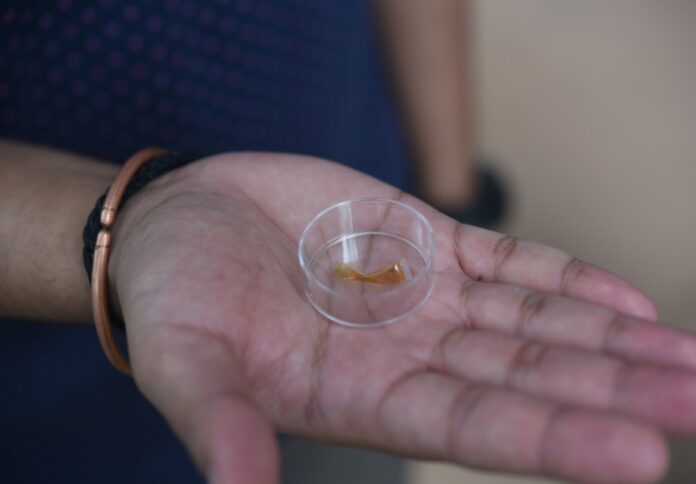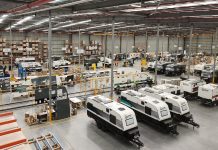
Researchers from the University of Queensland have engineered a thin, flexible gold sensor that will allow for a more streamlined future for electronic medical implants and real-time sensing applications, unleashing the possibilities of the next generation of implantable medical implants.
Using a novel engineering method, researchers at UQ’s Australian Institute for Bioengineering and Nanotechnology (AIBN) were able to produce a small film-like sensor that is both flexible and sensitive enough to enable the improvement of electronic medical devices.
In particular, Dr Mostafa Kamal Masud and PhD candidate Aditya Ashok were able to synthesise a mesoporous gold film that works as an electrode for biosensing and bioimplant applications using a novel hybrid manufacturing approach under the supervision of senior AIBN group leader Professor Yusuke Yamauchi, the university said in a news release.
The gold film’s flexibility and sensitivity make it an optimal wearable solution for real-time glucose monitoring, and Dr Masud believes it has great potential for implanted nerve recording applications.
“Our aim here is to see this sensor embedded in wearable devices – but the potential and possibilities in this field are vast. We’re going to be exploring more in our coming projects,” Dr Masud remarked.
The intricate approach used by the scientist suggests a new way to miniaturise and improve medical devices for diagnostics, biological sensing, and neurological exploration, the university said.
“Although modern implanted electronics have developed rapidly over the past 60 years, most commercially available devices are still built on relatively similar – and limiting – design concepts such as thick ceramic or titanium packaging,” stated Dr Masud.
According to the researcher, the new invention proposes a new path toward implantable, flexible, miniaturised medical devices that can help millions of people live better lives by diagnosing and treating chronic diseases.
UQ emphasised that the film-like sensor developed by Dr Masud and Ashok represents a fresh approach to the field of mesoporous materials, which are highly porous solids with properties that improve diagnostics, catalysis, and medication delivery.
The research findings were featured on the inside cover of the nano-micro journal Small.
Dr Hoang-Phuong Phan, from the School of Mechanical and Manufacturing Engineering at the University of New South Wales, is acknowledged by Dr Masud and Ashok as a significant contributor to their broader work.



















